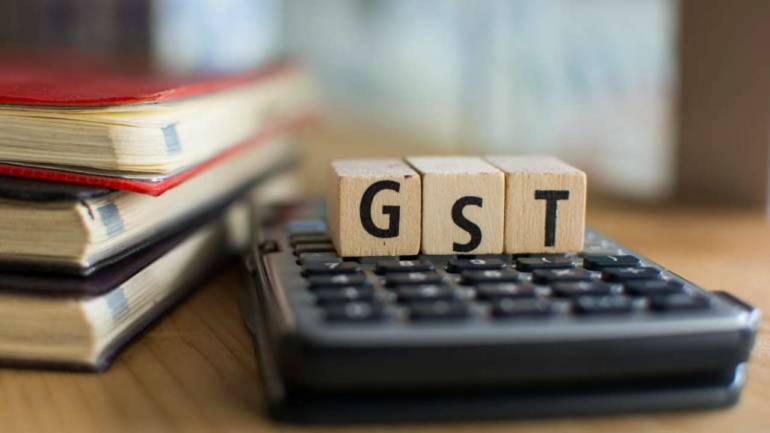Natural gas, jet fuel may come under GST ambit, which companies will benefit?

With the Goods & Services Tax completing 1 year since its rollout, the GST Council is now considering bringing natural gas and aviation turbine fuel (ATF) under the tax ambit on an experimental basis.
The inclusion could bring a cheer to gas and aviation companies and sectors that use gas as an input. While the inclusion of gas seems feasible given the current taxation rates, GST on ATF would be something to watch out for as the current taxation rate on the same is higher than the highest GST slab (28 percent) in some states.
Current scenario
Natural gas along with crude oil, petrol, diesel, ATF was kept out of the GST regime given the complexity in taxation and disagreements among states due to the loss of revenue on account of the shift from the current Value Added Tax regime. With the new tax regime now stabilising and to provide some relief to gas and airline companies, the council is now considering its inclusion.
At present, natural gas, excluding liquefied petroleum gas, is taxed according to the old taxation regime (VAT and excise duty ranging from 5 percent to 26 percent, which varies from state-to-state). LPG is taxed at 5 percent under GST. Up to 40 percent tax is charged on ATF, which varies from state to state.
Why the shift to GST?
Non-inclusion of natural gas and ATF under GST has impacted profits and volumes for companies in the sector and industry as a whole. Expenditure for downstream gas companies and airlines has increased due to the non-availability of input tax credit. Absence of the latter to end users has hurt margins as well as sales volumes. It has also led to dual compliance pressures and increased costs due to multiple tax systems. Overall, there has been a noticeable impact on margin which has left medium and small enterprises at a disadvantage.
The revenue angle
Unlike oil, tax rates on gas products falls close to the GST tax slabs. Given the limited compromise on revenue for the exchequer, inclusion of gas products under GST is only logical. It is a win-win for both gas companies as well as firms using gas as a raw material. Improved volume offtake and reduced costs would be key benefits for major gas companies. Availability of input tax credit would make liquefied natural gas an attractive alternate fuel option and attract increased offtake from the industrial and commercial users who would be then able to claim credit for input taxes paid. It will also help the government in its push for cleaner fuels.
GST on jet fuel would be a decision worth watching as the rate of taxation is above the highest GST slab of 28 percent, though it varies from state to state. Airlines currently pay VAT or state sales tax that ranges from 4-30 percent and excise duty of 14 percent. There is a possibility that the government might tweak the rate with imposition of a certain additional cess to cover up for the shortfall in tax revenue. As per representation made by airline companies to the Oil Ministry, the overall impact of a standard tax rate across states would improve tax collections on jet fuel by almost 7 percent.
Outlook
Apart from higher volumes, GAIL (India) stands to benefit from input tax claims on taxes paid for gas purchased as a raw material for its various verticals. This saving would help push up earnings and provide valuation comfort.
Increased demand from Petronet LNG’s industrial consumers would help protect plant utilisation levels, given the upcoming competition from the Mundra terminal.
The other beneficiaries would be city gas distribution companies, which would gain from reduced costs and uptick in volumes. Even after an 18-28 percent GST rate, compressed natural gas would remain cheaper than alternate fuel options. Moreover, availability of input tax credit would enhance industrial volumes and margins.
Airline companies can expect an annual relief of Rs 3,000-5,000 crore under input tax credit if the same is included in GST.
Standardised rate would also mean freedom of procurement from across the country and would help companies save on logistic costs. Overall, we see the proposal as a move towards fuller implementation of GST and would bring in positive returns for both companies and the government.
[“Source-moneycontrol”]

